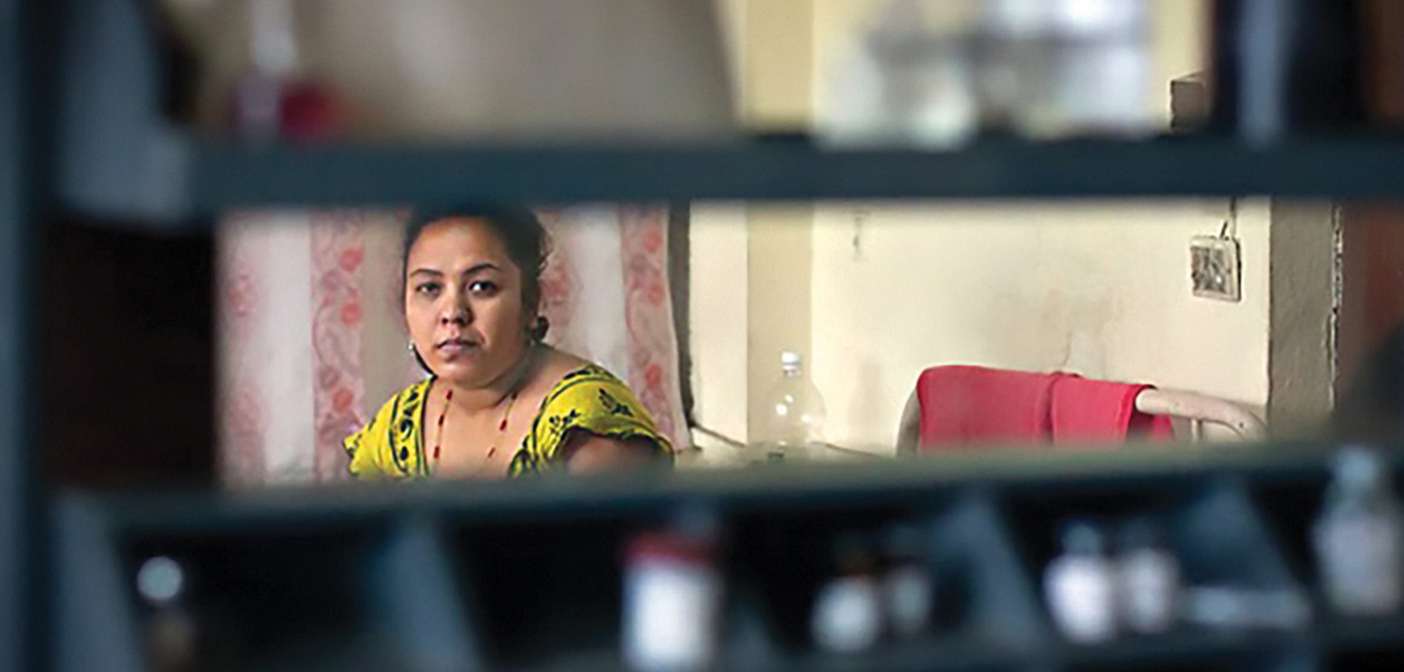By Sandhya Limbu
In Nepal, repairing obstetric fistula and the social fabric
Binita Rai and Reeta Limbu are among the first nurses to receive specialized training in Nepal to help repair obstetric fistula, a devastating complication of birth that has left up to 400 women incontinent and often scorned by their families.They joined a pair of physicians—Tarun Pradhan and Ajay Agrawal—for the inaugural class of a Jhpiego-supported initiative to give healthcare providers competency-based, on-the-job training in surgical skills to repair the condition. During labor, pressure from the baby’s head can cause a tear or “fistula” between a woman’s vagina and bladder,“While this initiative is focused on surgical repair of fistula, an exciting outcome of the training has been the attention to and strengthening of post-operative care for women who suffer from this debilitating condition.”
— Deirdre Russo, Jhpiegoresulting in a leakage of urine and other embarrassing health consequences. One woman at a Nepal hospital, awaiting a fourth attempt to repair her fistula, said she rarely left her house. “Even though I bathed twice a day, I couldn’t completely remove the odor,” she said.
In Nepal, few health facilities had the surgical capacity to repair a fistula. But through Fistula Free Nepal, the B.P. Koirala Institute of Health Sciences will serve as the first national training site for obstetric fistula repair. In the past, healthcare providers had to rely on apprenticeships to learn how to address the condition, and nurses were often on the sidelines. Through this new training, in partnership with the government of Nepal, “treatment and management of obstetric fistula cases is a team effort of nurses and doctors,” says Chandra Rai, Jhpiego’s country director in Nepal.
Nurses Rai and Limbu graduated last fall. Each had participated in both classroom and operating room learning. “While this initiative is focused on surgical repair of fistula, an exciting outcome of the training has been the attention to and strengthening of post-operative care for women who suffer from this debilitating condition,” says Deirdre Russo, a Jhpiego staffer who attended the graduation in Nepal.
The Jhpiego-developed training package includes a Reference Manual, Facilitator’s Guide, Learner’s Handbook, and a logbook for participants to record their clinical exposure. It also includes videotapes of fistula repair so trainees can observe different surgical techniques.
For their part, Pradhan and Agrawal spoke about the pressure as doctors of feeling solely responsible for fistula patients. After training with nurses, they realized they were part of a team.
The graduates pledged to provide quality care and services in obstetric fistula treatment and surgery so that Nepalese women in need can return to their lives.

